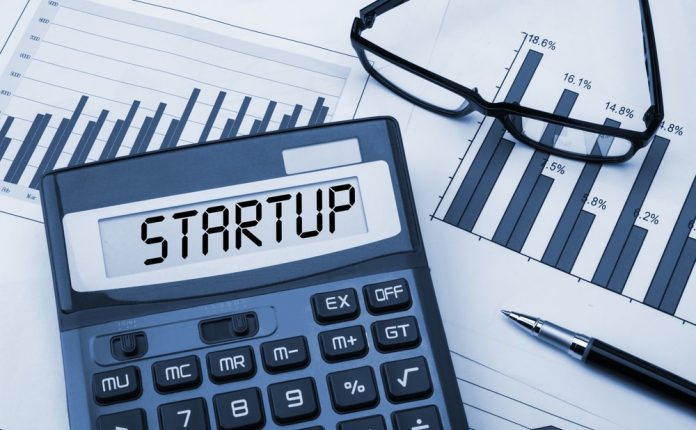By Ella Mason
One of the key considerations when starting up a business is determining how much money will be required to set it up. It’s not an easy calculation to make – and will differ from one business to the next – but get it wrong and an otherwise promising business can founder.
Your financial forecast should be the basis for determining how much money will be needed to set up as part of a written business plan.
While certain items of expenditure could be scaled back, others that will save time and indeed money shouldn’t be overlooked. For example, investing in modern computing equipment able to meet your business demands and modern productivity software to handle tasks such as financial admin and paperwork should be on your radar.
Understand the costs
Your business type will determine what your startup costs are. Broadly, your enterprise will fall into one of three categories:
- Bricks and mortar – a physical business such as a shop
- Online – could be an ecommerce business such as an online store of physical or digital products
- Service – such as a plumbing business or consultancy
So, if you’re a bricks and mortar business you’ll likely be factoring in expenses related to having a premises such as rent, utility bills and more compared to say a consultant working from home.
All three types will have expenses in common such as website development and tax.
Your costs will be a mixture of one-off expenses like buying vehicles or IT equipment while others will be recurring expenses such as rent, utilities and salaries.
So make a list of the various expenses and compare your business as far as you can with others of your type – it’s important not to leave things out.
The ‘shopping list’ of expense headings
Equipment – bricks and mortar type businesses will likely need more equipment than an online business; in broad terms equipment costs could be in the $10,000 to $125,000 range.
Incorporation fees – you need to choose a business entity; costs for this can be below $300.
Office space – a significant overhead and can vary from $100 to $1,000 per employee depending on rental rates in your area and how well appointed the offices are.
Then there’s office furniture; be aware you could save considerably in buying used items.
Inventory – if you’re selling physical items you’ll obviously need some starting stock. But it’s a matter of balancing not selling out too soon and risking losing business versus not over stocking and tying money up unnecessarily.
Utilities – heating, electricity, Internet access and phone need to be taken into account.
Insurances – easy to overlook or underestimate, you’ll likely need some sort of insurance to protect for general liability and cover against being unable to trade due to a fire or other disaster. Average small business insurance premiums can top $1,000 per year.
IT equipment – just about all businesses will spend here, although if you’re starting a small outfit maybe equipment you already own will be sufficient.
Salaries and wages – staffing eats up a large part of startup costs so assess carefully what suitably skilled staff will cost and consider whether some work could be handled by outsourcing compared to hiring full time staff.
Professional services – you may think you or colleagues can take care of many aspects of the business, but certain professionals – such as accountants – can save you considerable time and money in the long run.
Travel – as an example, many consultancy type businesses incur significant travel costs such as visiting clients.
Costs of sales – for example, a physical products business has to package and transport goods if they’re being sent to customers, as opposed to those buying from a retail premises.
Marketing – while you may be able to pare costs down by choosing cheaper forms of marketing, don’t skimp on promoting yourself – at the very least there will be a website to develop and keep online.
Calculating start up costs and a financial buffer
The Small Business Administration has useful information including a startup costs calculator.
It’s obviously vital to ensure you start off on the right foot and to secure adequate funds if you require start up help such as a loan or investment from a business backer.
Consider budgeting for a cushion of funds to protect against unforeseen circumstances and maybe help cashflow in the early stages. For example, if yours is the type of business where income lags behind sales to a degree.
A broad estimate is to allow six months equivalent to your startup fixed costs.
Ella Mason, an experienced freelance writer, wrote this article. Ella specialises in providing useful and engaging advice to small businesses. Follow her on Twitter @ellatmason.
Startup cost stock photo by bleakstar/Shutterstock







